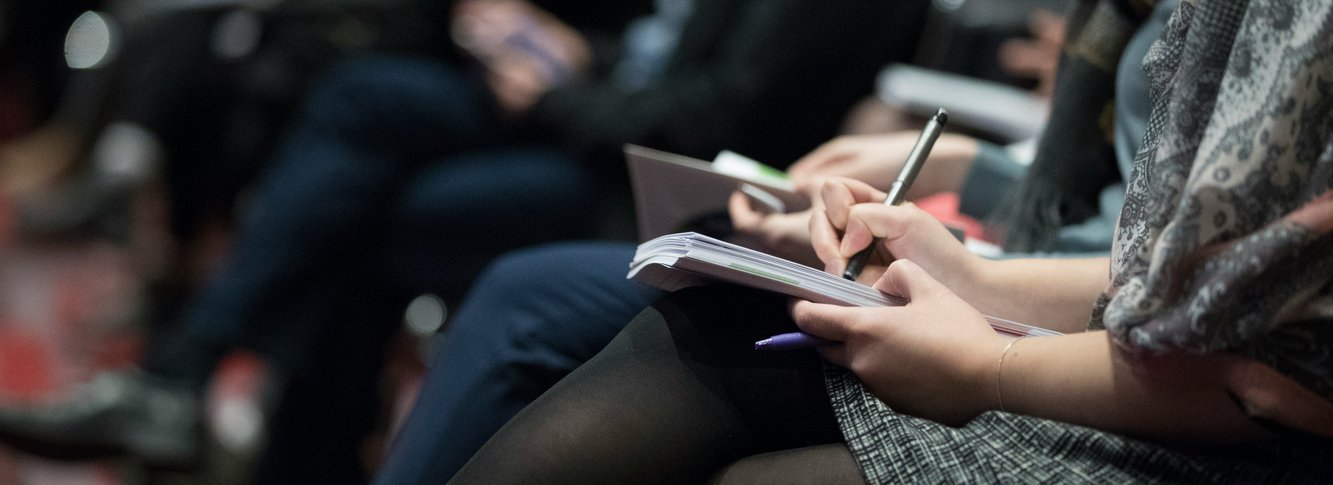| 6 mins read
The principle of impartiality has been at the heart of public service broadcasting for most of the BBC’s 100 years. It developed through experience of the General Strike in 1926, wartime broadcasting, the Suez crisis, the Northern Ireland Troubles and more, to ensure the powerful medium of broadcasting was not inappropriately captured by the government of the day. Despite regular attacks, the principle has survived largely intact.
Yet it is under growing pressure as audiences increasingly rely on more opinion led content, and politicians and commercial media undermine the value of regulation. The UK regulator, Ofcom, has offered a flexible approach to oversight which may have contributed to further confusion over what impartiality is, and its value in a competitive media environment.
With the rise of disinformation, advocacy and ‘personal truth’, an adherence to evidence, diversity of opinion and transparency should be more valuable than ever for rational public debate.
Editorial impartiality
Undertaken properly, impartiality is a professional discipline which acknowledges the risks of personal bias or inappropriate weighting of arguments and seeks to elevate journalism above them. It should facilitate a greater range of voices being heard rather than reducing output to one political perspective. A commitment to a diversity of views is, of course, entirely pro ‘free speech’. The risk of a free market approach to media is the richest and most powerful voices being the loudest, limiting the range of what’s heard.
Concerns about a so-called ‘Foxification’ of the UK’s broadcast ecology date back to the start of the twenty-first century. If we look at the USA over recent decades—where impartiality rules were rescinded—broadcast news has become more polarised. But despite Rupert Murdoch’s ownership of Sky News for over three decades, the channel has not challenged the UK’s impartiality code. Since Sky News recruited editors and journalists from the world of UK broadcasting, their influence shaped the channel’s strong reputation for impartial news reporting.
It seems that the UK’s rules on impartiality for commercial broadcasters, which have been policed by Ofcom since 2003, have mitigated the kind of blatant partisanship evident in American market-driven cable news.
Regulation
However, two decades later the broader media landscape has radically changed. Systematic studies of news output reveal an increase in UK news channels reporting ‘breaking news’ for audiences. The need to fill airtime on 24-hour news channels saw a significant rise in discussion over reporting. There has also been a subtle increase in reporters expressing their own judgements about political issues rather than sticking to ‘the facts’.
It is against this changing media landscape and more ‘light-touch’ regulatory backdrop that broadcasters have begun to push the boundaries of the UK’s due impartiality guidelines. Such guidelines no longer ask broadcasters to achieve balance within a programme. Instead, impartiality can be achieved over a longer period across a broadcasting schedule.
As in the US, the normalization of partisanship was first evident on talk radio with LBC. But it is arguably the arrival of new television news channels since 2020 that has pushed the boundaries of Ofcom’s impartiality code the hardest. GB News’s Conservative dominated panel ahead of the budget in March 2023 drew widespread attention, putting pressure on Ofcom: after facing much criticism, there are signs that the regulator may be more robust with GB News.
A crucial part of the impartiality code—in both news and non-news programming—is that broadcasters have to air ‘alternative viewpoints’, with presenters posing critical questions, challenging, or rebutting, perspectives. For broadcasters wanting to push the boundaries, ‘alternative perspectives’ in non-news programming, such as long-form interviews and panel discussions, can be softly presented and fleetingly delivered. News items, by contrast, are typically far shorter in length, meaning alternative perspectives tend to more visible and prominent.
In light of politicians increasingly presenting their own programmes, Ofcom’s rules became subject to more scrutiny. Yet many people may not be aware of the formal rules safeguarding impartiality. As such, greater transparency is needed by Ofcom’s content board about why a particular complaint is being investigated (or ignored), how specific rules are interpreted, and how final decisions are reached. Only then can we begin to better understand the governance and accountability behind the regulation of impartiality.
Governance
Critics argue that the government retains a significant degree of influence over key positions in organisations that are supposed to be independent and impartial. In the current climate of distrust in both media and the UK government, such arrangements are often viewed by the public as inappropriate. Public rows about BBC board appointments have demonstrated that impartiality is as much about independence and accountability as it is about political balance. This argues for a more open appointments process and a simpler means of pursuing complaints.
Greater independence, open accountability and transparency in operations are hard things to deliver. But they can reassure the public and build trust. If the public is to remain confident in broadcast journalism, it is essential Ofcom is transparent about how it applies editorial standards of impartiality.
Research also shows people expect broadcasters to be fair and balanced rather than opinionated and partisan. Ahead of the next general election, voters need to have confidence not just in the broadcasters that inform them, but in the regulator that polices them.
Need help using Wiley? Click here for help using Wiley



